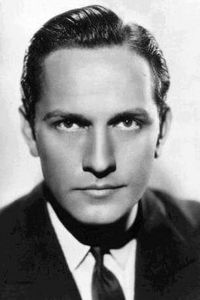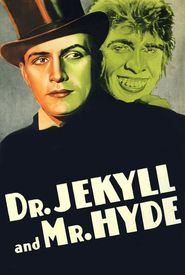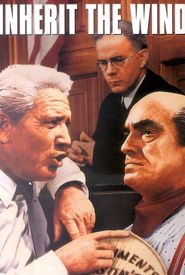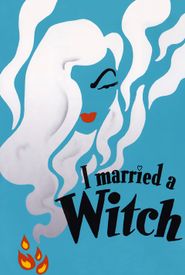Fredric March embarked on a career in banking, but fate had other plans. In 1920, he found himself cast as an extra in films being produced in New York. This marked the beginning of his journey in the entertainment industry. He made his Broadway debut in 1926 and would return to the stage numerous times throughout his career, often taking breaks from his screen appearances.
His breakthrough performance came in 1930 with The Royal Family of Broadway, a production that earned him widespread acclaim and an Academy Award nomination for his impressive send-up of John Barrymore. This recognition would be the first of five Academy Award nominations he would receive throughout his career, with two of those nominations ultimately resulting in him taking home the coveted Oscar for Best Actor. His first Oscar win was for his iconic portrayal of Dr. Jekyll and Mr. Hyde in 1931, and his second was for his powerful performance in The Best Years of Our Lives in 1946.
Throughout his illustrious career, March demonstrated his remarkable range by effortlessly transitioning between heavy drama and light comedy. He was particularly skilled at portraying men in anguish, a quality that was showcased in his unforgettable performance as Willy Loman in Death of a Salesman in 1951. As his career progressed, March evolved from a leading man to a character actor, leaving a lasting impact on the world of entertainment.
























































































